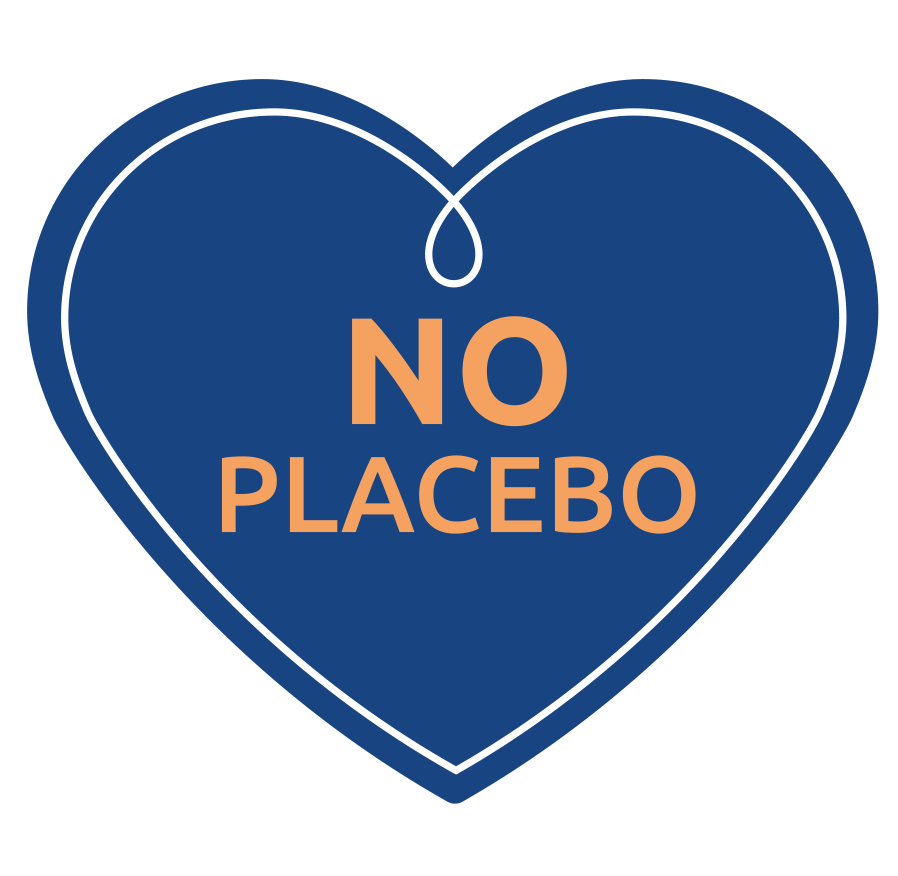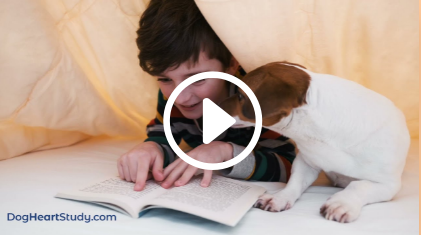YOU CAN SEE THE
love
BUT NOT THE
heart disease
Early-stage heart disease is invisible and can strike any dog
YOU CAN SEE THE
love
BUT NOT THE
heart disease
Early stage heart disease is invisible and can strike any dog
Learn more
CHF can strike any dog, but it is especially common in the smallest breeds. Left untreated, CHF can dramatically reduce your dog’s quality of life and lifespan.
The EPOCHAL clinical study is evaluating an investigational medication in the hope of making progress against this dangerous disease at an earlier stage than ever before – even before you may notice any signs.
That’s where you and your dog can help.
Every dog enrolled helps bring us closer to a potential new treatment.
CHF can strike any dog, but it is especially common in the smallest breeds. Left untreated, CHF can dramatically reduce your dog’s quality of life and lifespan.
The EPOCHAL clinical study is evaluating an investigational medication in the hope of making progress against this dangerous disease at an earlier stage than ever before – even before you may notice any signs.
That’s where you and your dog can help.
Every dog enrolled helps bring us closer to a potential new treatment.
Everything required by the study is free, including:
- A full year of specialty care from a veterinary cardiologist
- Radiographs (x-rays)
- Echocardiogram
(ultrasound of the heart) - Bloodwork
- Physical exams
- Investigational medication
We are currently enrolling dogs diagnosed with a heart murmur and enlarged heart, known as Stage B2 MMVD (myxomatous mitral valve disease), to help evaluate an investigational medication.
Before you give your dog another heart medication, find out here if your dog may be eligible for screening.
This study, once completed, is intended for submission and review by the U.S. Food and Drug Administration. The goal is to achieve approval for the drug in treating MMVD at its early stages, so that dogs may live longer, healthier lives.
This study offers up to a full year of free care from a veterinary cardiologist.
Participating in this clinical study offers the opportunity to receive specialty care for your dog from a veterinary cardiologist at no cost to you. You may also receive up to $500 in credit paid to your primary care veterinarian’s hospital to spend on goods and services after your dog’s study participation is complete.
The investigational medication is a flavored, chewable tablet given twice daily. All dogs receive the test medication – not a placebo.

Your dog’s participation will help advance veterinary science and may help both large and small dogs stay healthier in the future.

